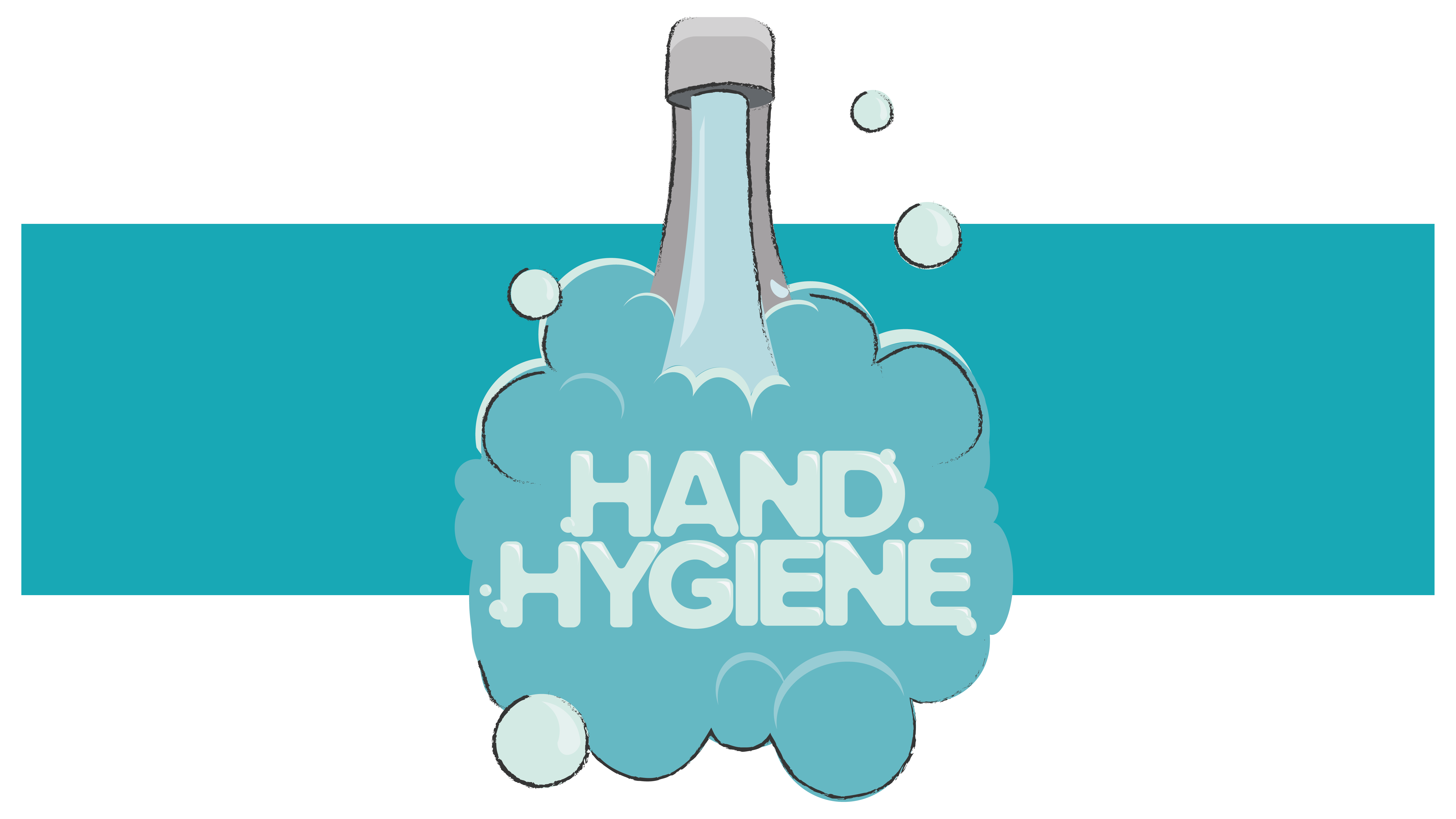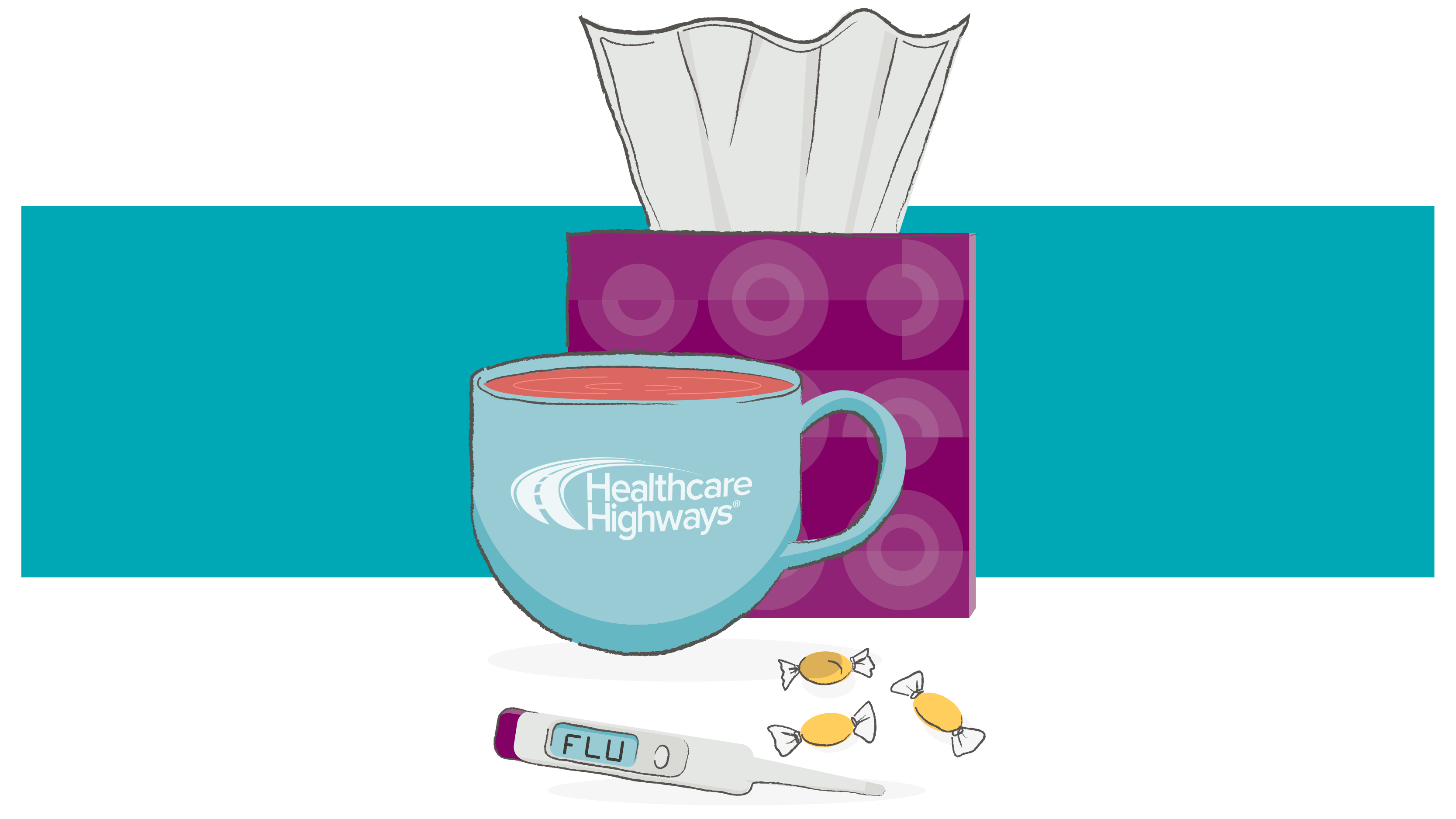National Handwashing Awareness: Make Handwashing a Priority
National Handwashing Awareness Week is a significant public health initiative that aims to raise awareness about the importance of handwashing in...

It’s not magic – it’s hand hygiene! Protect your health in 20 seconds with soap and clean, running water.
Is it ever the wrong time to wash your hands? We don’t think so, either. Did you know that the average person touches their face 23 times each hour? When you touch your eyes, mouth or nose, germs and viruses living in infected bodily fluids transfer to your face from your hands making you sick (and now a germy, viral host).
We know that handwashing is the first line of defense against viral and germ-borne illnesses. Giving proper effort to hand hygiene pays off for the people you reach for – and again when they reach for you.
It’s likely you have a handwashing routine of your own when at work, home, and in public places. If not, start with a routine for keeping hand sanitizer (at least 60% alcohol content) with you when away from home. When soap and water are available, follow the CDC’s recommendations for trapping, smashing, scrubbing, and rinsing off millions of active viruses and germs taking a free ride on your hands.
If left behind, these organisms easily transfer to your eyes, mouth, or nose (or someone else’s). Germs like e. coli, salmonella, and norovirus can get onto hands after using the toilet, for example. When hands aren’t washed with soap and water thoroughly, these germs linger and can be passed from person to person.
Put simply, handwashing done right destroys germs and viruses that make us sick and tired.
When should you wash your hands?
Antibacterial. Sounds fancy. It certainly sounds like it eliminates germs more efficiently. And, true to its name, it does. But does that mean it’s better for washing your hands? Surprisingly, no.
Antibacterial soap (also called antimicrobial or antiseptic) is any cleaning product with active antimicrobial ingredients added. An antimicrobial is something that works to kill microorganisms or stops their growth.
The problem is, not all bacteria is bad for you. Conversely, your body actually needs bacteria! With antibacterial soap, you’re killing all bacteria, good and bad.
So, wait, which one should I use?
The FDA puts it simply: Skip the antibacterial soap, and just use plain soap and water. Removing the healthy bacteria from your skin can remove natural oils, making skin drier.
Regular, plain soap is just as effective as soap with added antibacterial chemicals. That is to say, the only difference is that with the antibacterial soap, you’re exposing yourself to more chemicals and removing natural oils and healthy bacteria. Plus, regular soap is designed to decrease water’s surface tension and lift dirt and oils off surfaces, so it can be easily rinsed away.
It’s time to make it a habit.
The CDC recommends these five steps for effective handwashing.
Keeping hands clean is one of the most important things we can do to stop the spread of germs and stay healthy.

National Handwashing Awareness Week is a significant public health initiative that aims to raise awareness about the importance of handwashing in...

Influenza (flu) is a potentially serious disease that can lead to hospitalization and sometimes even death. Every flu season is different, and...

1 in 4 Americans do not have a primary care provider.